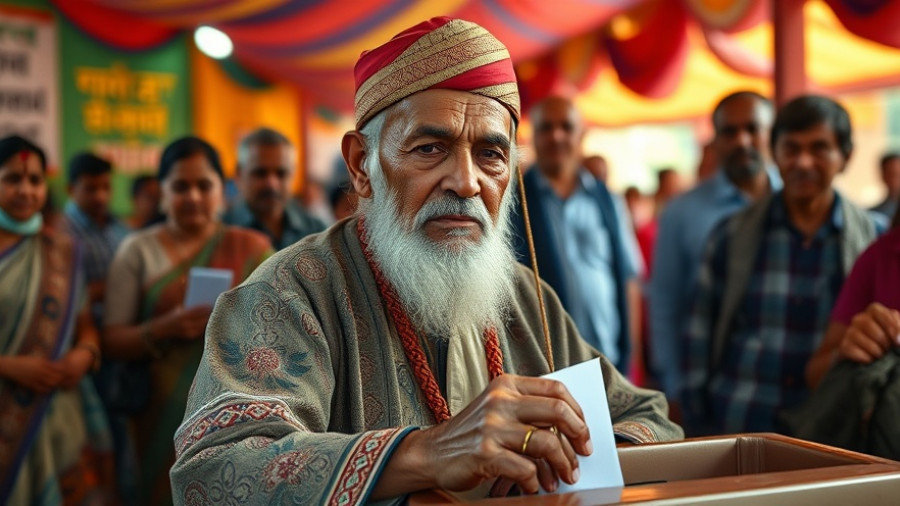
Tension and Unrest Following Presidential Results in Cameroon
In the aftermath of the recent presidential election in Cameroon, tensions remain palpable across the nation. President Paul Biya, at 92 years old, has secured an eighth term in office, a win that many perceive as overshadowed by accusations of electoral fraud. The months leading to the announcement were marred by widespread violence, with confrontations between protesters and security forces resulting in casualties on both sides.
In Tensions mount in Cameroon as Biya secures eighth term amid disputed results, the discussion dives into the chaotic aftermath of the election, exploring key insights that sparked deeper analysis on our end.
Allegations of Electoral Fraud Stir Public Outcry
As protests erupted in various towns following the announcement, the government attributed the unrest to alleged irregularities in the election process. Minister of Territory Administration, Paul Atanganji, acknowledged loss of life among demonstrators, stating that security forces encountered violence from those opposing the results. This acknowledgment does little to placate a populace deeply frustrated with the political system. Many claim there were significant discrepancies, such as deceased individuals appearing on voters' lists and inequitable access to poll stations, which led to fears of ballot manipulation.
Opposition Voices Dissent
Prominent opposition candidate Isa Chiro Bakari has been vocal against the declared results, insisting on the legitimacy of his own bid for the presidency. He labeled Biya's victory as fictitious, a sentiment echoed by a coalition of civil society groups who reported various electoral misconducts. Despite their cries for reform, the African Union's observers painted a contrasting picture, claiming the election was conducted in decent accordance with established regional protocols. This discrepancy between local sentiment and international assessment accentuates the polarizing nature of Cameroonian politics.
Youth a Crucial Factor in the Political Landscape
The political atmosphere is complicated further by a significant youth demographic that is increasingly demanding change. Despite the country's oil wealth and reported economic growth, many young Cameroonians find themselves trapped in the informal job sector, an area that contributed to their growing discontent. While official statistics cite a 3.5% unemployment rate, a more disturbing reality reveals that over half of the youth workforce is engaged in precarious, informal employment, sparking frustration amongst those who believe that current governance benefits only the elite.
The Road Ahead: Analyzing the Future of Cameroonian Politics
The upcoming months are critical for Cameroon. Public trust in the electoral process hangs in the balance, and the current administration will need to address the rising dissent and disillusionment among citizens. The youth, poised to become a significant political force, may shape the future of governance as they continue to rally for their rights and push for reforms. Civil society's role will also be pivotal as they work to hold the government accountable for its promises.
Local and Global Perspectives on Governance
As Cameroon's political environment continues to evolve, the juxtaposition of local beliefs and international observations highlights a growing schism. The African Union's support for the administration's legitimacy amidst a backdrop of civil disobedience underlines the complexities of governance in the region. The disconnect between public perception within Cameroon and perspectives from international observers could create challenges for genuine dialogue and reform.
Conclusion and Call to Action
Amidst the political turmoil and heightened tensions following the electoral outcome, it’s critical for citizens and the international community to engage with the unfolding situation in Cameroon. Awareness can foster change, and civic engagement is necessary to ensure that governmental practices reflect the needs and wants of the populace, especially the youth. Let’s advocate for a transparent dialogue towards a political environment where voices are heard and respected, which is fundamental for any thriving democracy.
 Add Row
Add Row  Add
Add 




Write A Comment